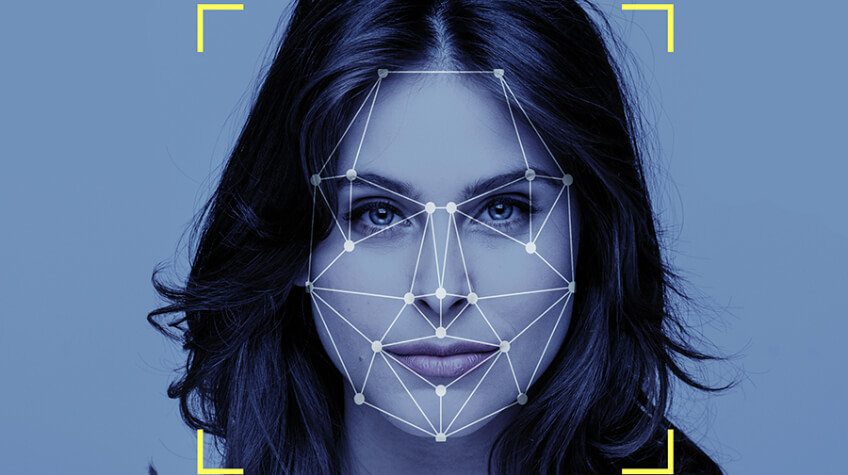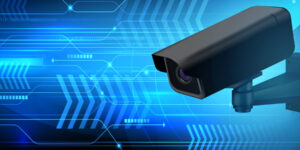
Facial recognition technology is one of the most controversial developments of recent times. It has raised questions of privacy, surveillance, and the right of states to infringe on its citizens’ rights. However, it is still continuously evolving, with everything from traffic cameras to smartphones using facial recognition for various purposes. States and human rights organizations do recognize the threats this technology brings, and are doing their best to counter them without completely eliminating the tech itself. Access to new technology is something that cannot be completely hindered, especially in this day and age, where the internet has revolutionized the world.
Now, just anyone can go online and access a world of innovation. They just have to call Spectrum and get an internet connection of their own. While this is quite helpful for progress and innovation, it also means that privacy is a bigger concern than ever. You don’t want your data to be visible to just anyone and don’t want to be constantly surveilled. While there are various restrictions being put in place to keep the scope of facial recognition in control, it is still a controversial technology. Here are a few reasons why these restrictions might not really be foolproof for privacy concerns.
Vulnerability to Hacking
No matter how secure technology is, it is always vulnerable to hacking. Hackers come up with new methods to breach systems every day. This is especially a concern with something as personal as facial recognition. It can put people’s lives and privacy in immediate danger.
If hackers misuse the information they get from breaching facial recognition systems, there could be dire consequences. Therefore, no matter what restrictions are put on facial recognition, malicious elements will still find ways to exploit the data.
Lack of Legislation
Currently, most governments consist of people who do not really understand the scope of technology. While they may attempt to control the impact of invasive technology like facial recognition, they simply don’t have the expertise required for tight legislation.
In addition, this legislation might be motivated by external elements and pressure from tech companies. Therefore, there is a lack of proper legislation around facial recognition systems and their uses.
The Big Brother Aspect
While facial recognition has helped preserve national security interests in many countries, there is still the danger of oppressive elements coming into control. If an authoritarian state comes into power, then facial recognition may be used to curb individual freedoms and free speech.
While this may seem like a dystopian possibility, it is very much a legitimate concern. No one wants to be imprisoned or ostracized for simply expressing their opinions or speaking out against oppression. No state is perfect, and technology as invasive as facial recognition should not fall into the hands of suppressive regimes.
Inaccurate Technology
Even if facial recognition has been rolled out in many places, it is still a work in progress. People’s features can change over time, and systems may also mix up different people who look alike. In addition, most of these systems have innate racial biases due to programmer bias.
Therefore, the technology is not as accurate as people believe it to be. So, it cannot be trusted to flag people with hundred percent certainty. This concern is quite legitimate and can put people’s lives and welfare in danger.
Personal Rights Violations
The UN lists the right to privacy as one of the essential human rights. This is especially significant in an increasingly surveilled and polarized world. You would not want to be constantly spied on via traffic cameras, your devices, and the plethora of image capturing devices out there.
This is a basic right, and facial recognition systems put this right in peril. If this technology falls into the wrong hands, then even more rights might be violated. In addition, it opens the window for various sexually and physically abusive practices to take place.
Related: Biometric Consent Verification: A Superior Security Service for Businesses
Potential for Fraud
Facial recognition technology also opens up opportunities for fraud. Hackers may collect various data, and use it to access your personal and financial information. They may also run various scams which trap people into giving up even further information. Identity theft is also a major concern and can create seriously harmful situations.
So, facial recognition technology may become a hotbed for frauds and scams, regardless of any restrictions states might put in place.
In conclusion, facial recognition technology is still quite controversial, even with restrictions in place. It has the potential to cause considerable harm, so it should be treated with a bit more caution and apprehension than it currently is.






